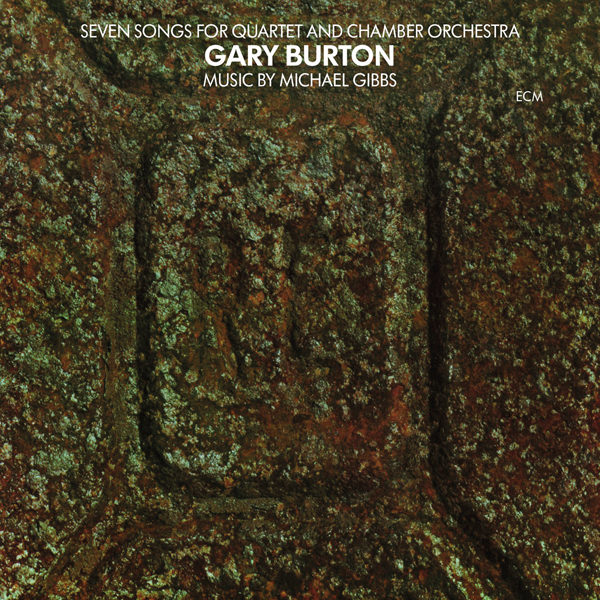
Gary Burton – Seven Songs For Quartet and Chamber Orchestra (1974/2014)
FLAC (tracks) 24 bit/96 kHz | Time – 37:18 minutes | 692 MB | Genre: Jazz
Studio Master, Official Digital Download | Source: Qobuz | Booklet, Front Cover | © ECM Records
Sounding as fresh today as it did in 1973, Seven Songs places the Gary Burton Quartet in an orchestral context, with compositions of Michael Gibbs inspired by Messiaen and Charles Ives as well as Miles and Gil Evans and exceptional soloing by Mick Goodrick, Steve Swallow and Burton himself. The production is exemplary: Seven Songs set a new standard for recordings of orchestral jazz.
While there is still a handful of ECM titles from vibraphonist Gary Burton that remain unreleased on CD, perhaps the most unique of the bunch is Seven Songs for Quartet and Chamber Orchestra, originally issued by the German label in 1974 and the first of two collaborations with Zimbabwe-born, British-resident composer/pianist/trombonist Michael Gibbs. The similarly intriguing In the Public Interest (Polydor, 1974) is a more conventionally configured large ensemble with horns, reeds, piano, bass and drums; Seven Songs, on the other hand, remains the more unusual of the two, teaming Burton’s quartet with members of Hamburg, Germany’s NDR-Symphony Orchestra, performing music arranged, conducted and largely composed by Gibbs.
The result is an album unlike any other in Burton’s recorded work, and that includes everything that’s followed, right up to Guided Tour (Mack Avenue, 2013). Amidst Burton’s lengthy discography (nearly sixty as a leader/co-leader and literally hundreds as a guest) his tenure with ECM—from his 1972 debut with Chick Corea on the classic Crystal Silence through to his 1987 swan song, Whiz Kids—remains some of the most experimental and compelling music of his career, with Seven Songs ranking alongside his pre-ECM classic collaboration with Carla Bley, A Genuine Tong Funeral (RCA, 1968), as his most forward-reaching and outré-thinking.
Seven Songs’ overdue first-time CD release as part of ECM’s seven-disc Re:solutions series, on CD—four for the first time and one previously only available for a limited time in Japan—vinyl and high resolution digital formats, only serves to emphasize just how unorthodox Burton had become by that time. A staggering instrumentalist with a reputation for solos of instant perfection and stunning construction, he may not have been a prolific writer, but he always chose his source material well. Some of Seven Songs’ compositions, all by Gibbs with the exception of bassist Steve Swallow’s “Arise, Her Eyes”—clearly a Burton favorite, already appearing on Crystal Silence, Throb (Atlantic, 1969) and Alone at Last (Atlantic, 1971)—were not new. Along with Burton’s recording, “Throb” first appeared on Gibbs’ Michael Gibbs (Deram, 1970), while “Three”—here, initially more subdued but ultimately turning more cinematically expansive, only to end in a long-held pedal tone over which Burton has the final say—premiered on Just Ahead (Polydor, 1972).
Placed in the collaborative context of a quartet and chamber orchestra—Burton’s group also including Swallow, perennially underappreciated guitarist Mick Goodrick and Ted Seibs, a little known drummer whose only recorded appearance of note appears to be this recording—Gibbs’ arrangements go far beyond conventional “groups with strings” pairings and, instead, integrates the two seamlessly and with relentless invention and imagination.
The opening “Nocturne Vulgaire is more contemporary classicism than jazz—the entire album an early example of the label’s aversion to stylistic pigeonholing. Acting as an abstruse fanfare, Burton finally enters two minutes in, at first with the orchestra, but gradually going a cappella, his dark-hued and spare segue into “Arise, Her Eyes” so subtle as to be almost imperceptible; by the time Swallow engages and the strings re-enter, acting largely as response to Burton’s call, the bassist’s familiar theme seems suddenly just there.
Elsewhere, the entire quartet integrates with the orchestra more fully. On the appropriately pulsing “Throb,” Swallow and Seibs keep things subtle until Burton begins his solo. Still, even as it evolves, with Goodrick’s bright-edged chordal support turning to contrapuntal linear foil for Burton when the orchestra reenters, the quartet’s restraint is both admirable and exactly what’s required. It’s a quality that not only defines the quartet’s work throughout the set, but the recording as a whole, even though there are plenty of notable solos from Burton, Swallow and Goodrick, while Seibs’ delicate but ideal support makes his ultimate disappearance from the scene a real curiosity.
Burton would continue to source Gibbs’ music on subsequent recordings—in particular on 1974’s Ring (ECM), which includes two tunes (“Tunnel of Love” and “Unfinished Sympathy”) that Gibbs would subsequently release under his own name on his superb 1975 recording, The Only Chrome Waterfall Orchestra (Bronze, 1975). But Seven Songs for Quartet and Chamber Orchestra remains a captivating anomaly in both Burton and Gibbs’ careers, and its release as part of ECM’s Re:solutions series only serves to highlight why. -John Kelman, All About Jazz
Tracklist:
1. Nocturne Vulgaire / Arise, Her Eyes 09:33
2. Throb 05:29
3. By Way of a Preface 04:36
4. Phases 07:25
5. The Rain Before It Falls 04:07
6. Three 06:13
Personnel:
Gary Burton Quartet:
Gary Burton, vibraharp
Michael Goodrick, guitar
Steve Swallow, bass
Ted Seibs, drums
Members Of The NDR-Symphony Orchestra, Hamburg
Michael Gibbs, conductor, composer
Download:
mqs.link_GaryBurtnSevenSngsFrQuartetandChamberrchestra19742014Qbuz2496.rar


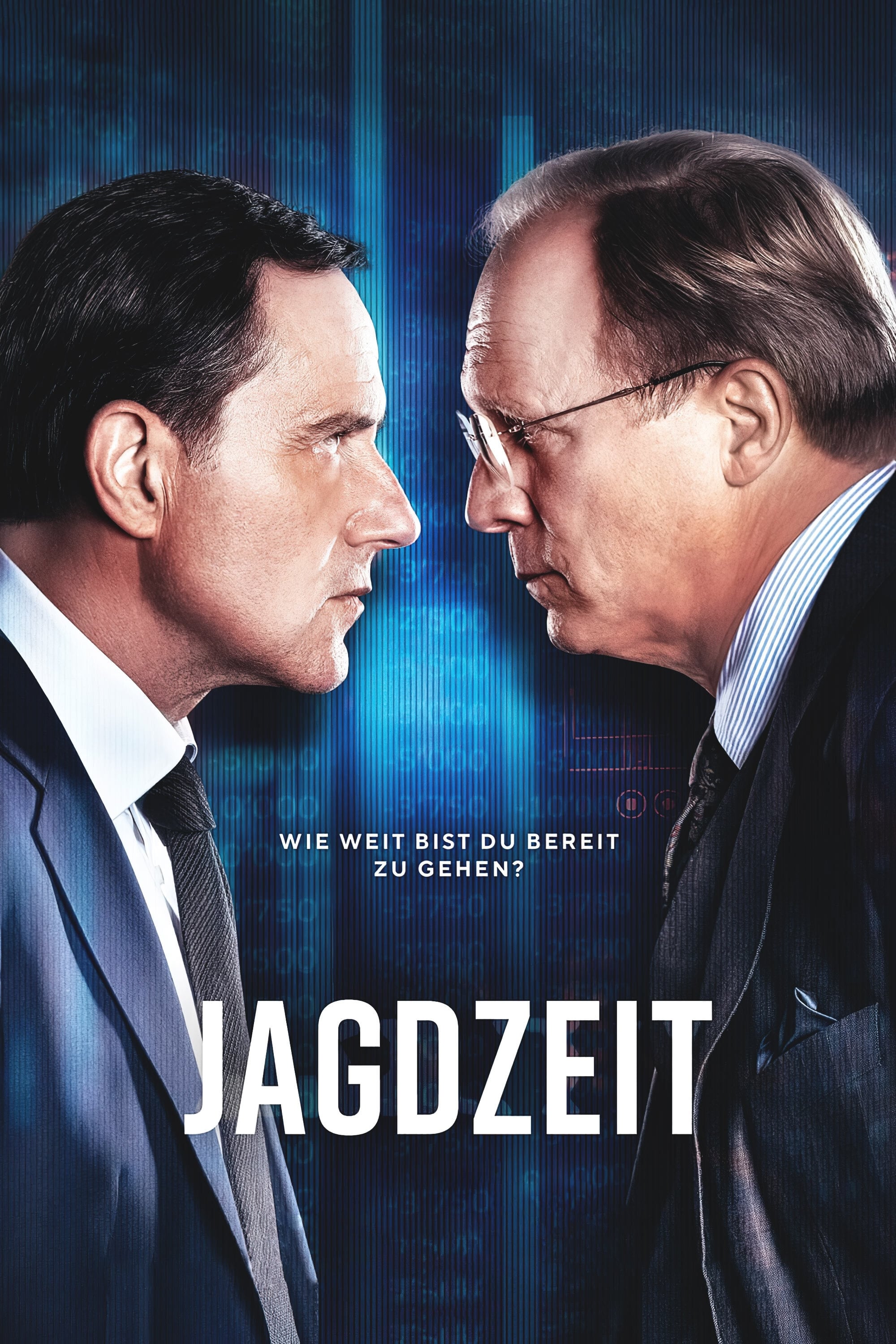
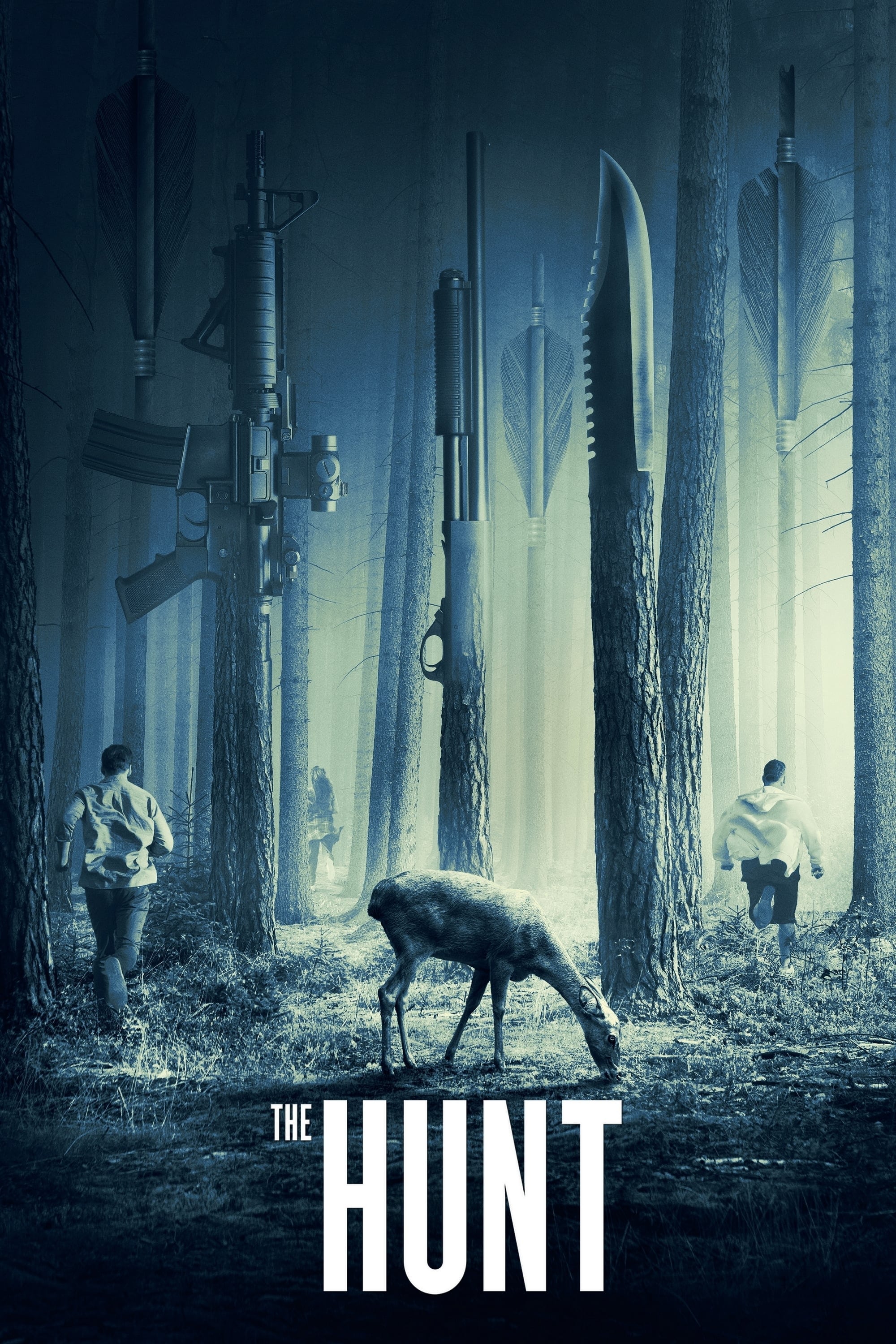
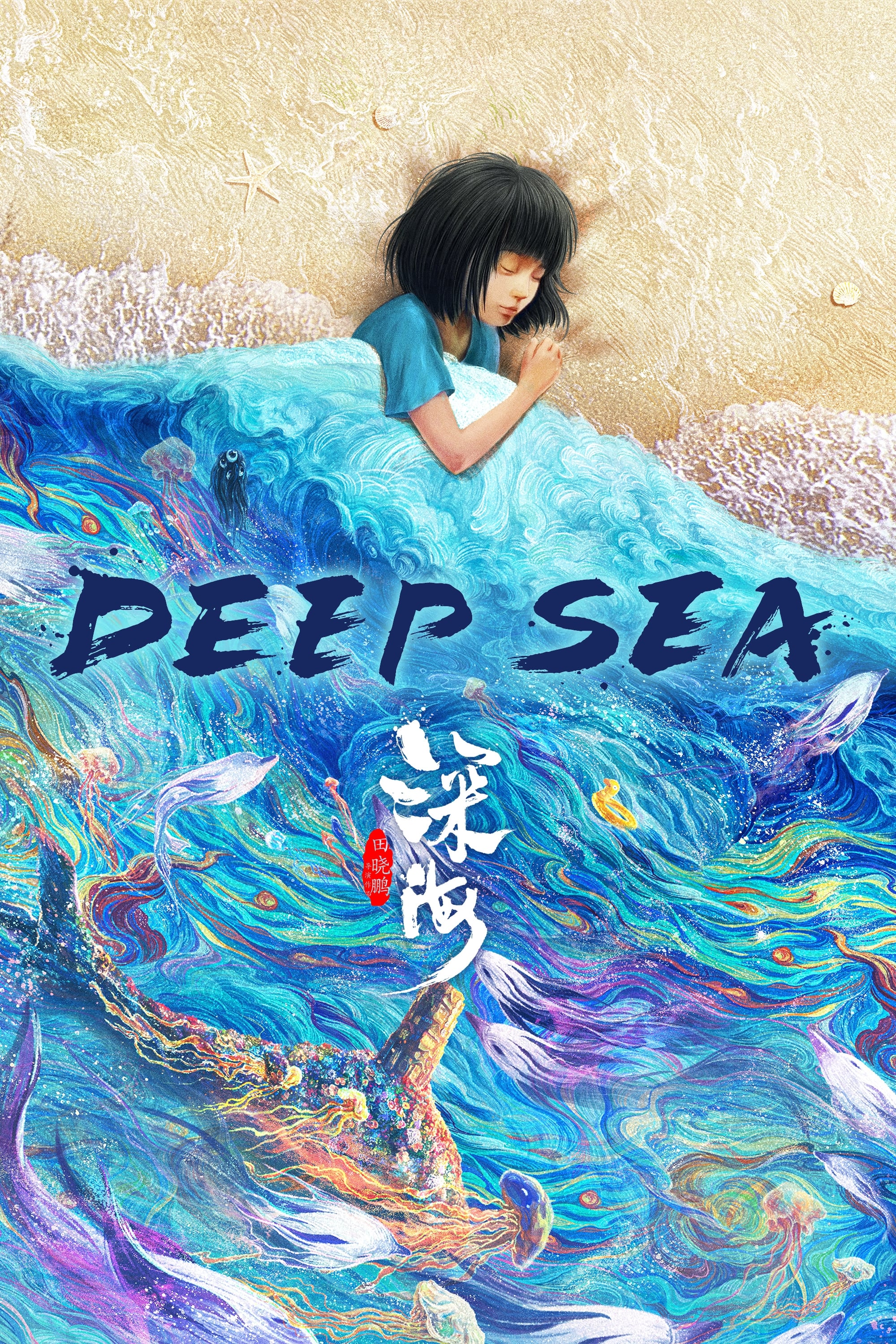

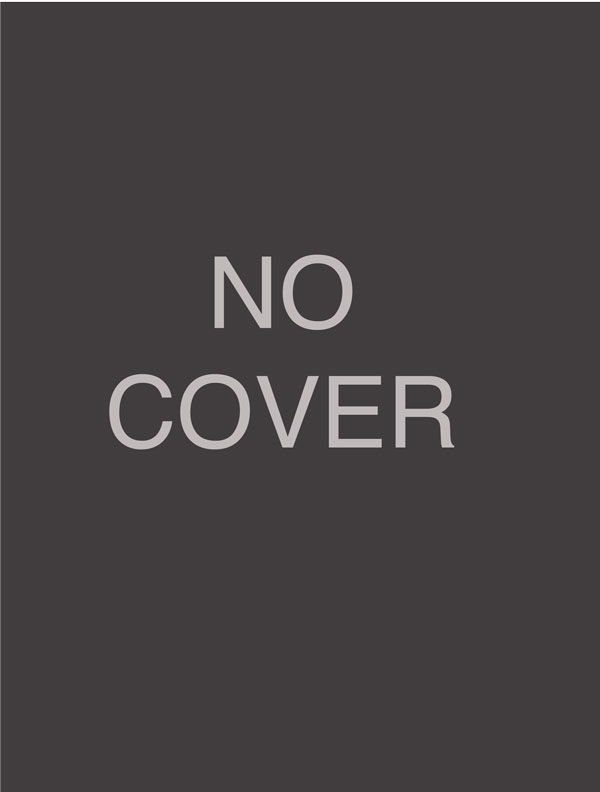
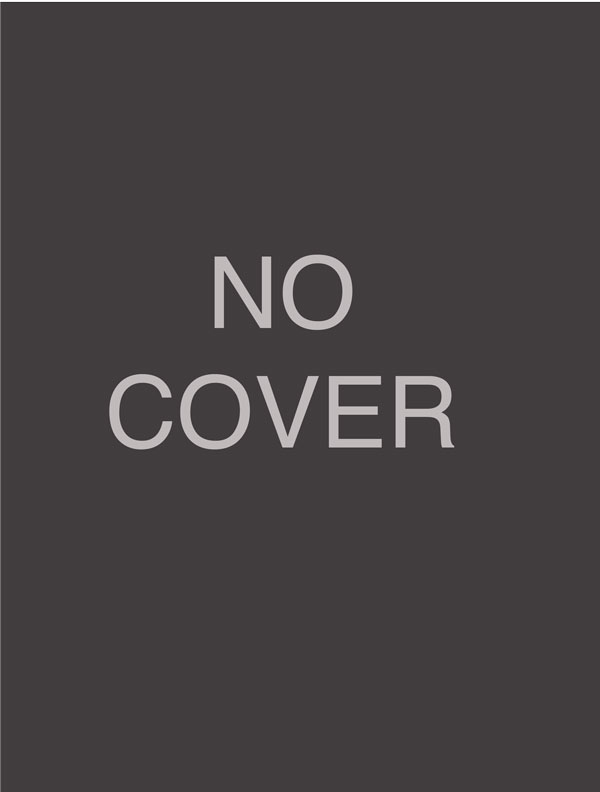
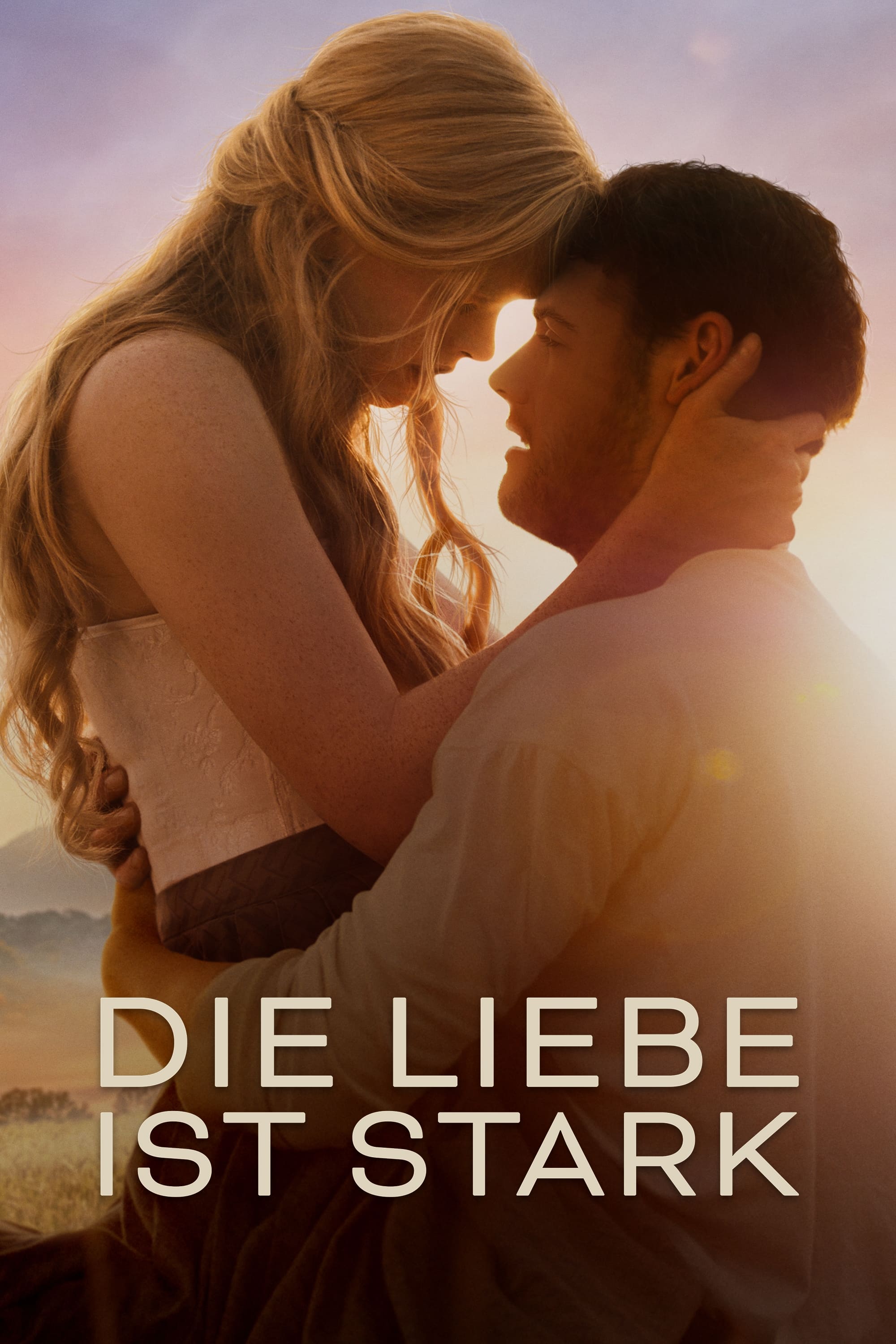
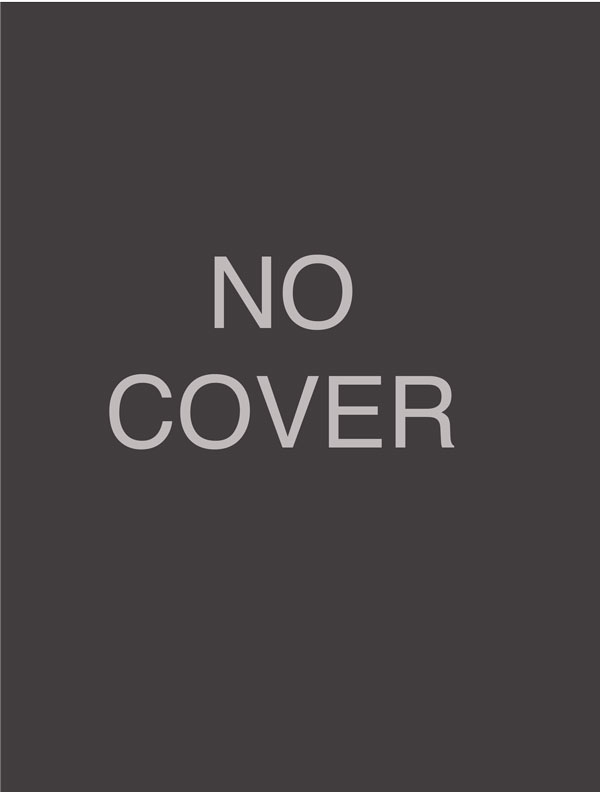
![Terry Gibbs - 92 Years Young (2017) [HDTracks FLAC 24bit/44,1kHz] Terry Gibbs - 92 Years Young (2017) [HDTracks FLAC 24bit/44,1kHz]](https://getimg.link/images/imgimgimg/uploads/2018/06/HP0J1AC.jpg)
![Ricardo Villalobos, Max Loderbauer - Re: ECM (2011) [Qobuz FLAC 24bit/44,1kHz] Ricardo Villalobos, Max Loderbauer - Re: ECM (2011) [Qobuz FLAC 24bit/44,1kHz]](https://getimg.link/images/imgimgimg/uploads/2018/04/dM2ZvVE.jpg)
![Arild Andersen - Celebration (2012) [Qobuz FLAC 24bit/48kHz] Arild Andersen - Celebration (2012) [Qobuz FLAC 24bit/48kHz]](https://getimg.link/images/imgimgimg/uploads/2018/01/9YEpImv.jpg)
![Allan Holdsworth - The Man Who Changed Guitar Forever (2017) [Qobuz FLAC 24bit/96kHz] Allan Holdsworth - The Man Who Changed Guitar Forever (2017) [Qobuz FLAC 24bit/96kHz]](https://getimg.link/images/imgimgimg/uploads/2018/05/w9aTD0E.jpg)
![The Swallow Quintet - Into The Woodwork (2013) [HDTracks FLAC 24bit/88,2kHz] The Swallow Quintet - Into The Woodwork (2013) [HDTracks FLAC 24bit/88,2kHz]](https://getimg.link/images/imgimgimg/uploads/2017/03/Img95wb.jpg)
![Gerry Gibbs & Thrasher People - Weather Or Not (2017) [HDTracks FLAC 24bit/96kHz] Gerry Gibbs & Thrasher People - Weather Or Not (2017) [HDTracks FLAC 24bit/96kHz]](https://getimg.link/images/imgimgimg/uploads/2019/03/uwkMEyI.jpg)
![Ornette Coleman - The Atlantic Years (2018) [AcousticSounds FLAC 24bit/192kHz] Ornette Coleman - The Atlantic Years (2018) [AcousticSounds FLAC 24bit/192kHz]](https://getimg.link/images/imgimgimg/uploads/2018/11/2ZFbQJs.jpg)
![Steve Kuhn, Steve Swallow, Joey Baron - Wisteria (2012) [HDTracks FLAC 24bit/88,2Hz] Steve Kuhn, Steve Swallow, Joey Baron - Wisteria (2012) [HDTracks FLAC 24bit/88,2Hz]](https://getimg.link/images/imgimgimg/uploads/2017/06/BkkE9ML.jpg)
![Gary Burton, Chick Corea - Crystal Silence (1973/2017) [Mora FLAC 24bit/96kHz] Gary Burton, Chick Corea - Crystal Silence (1973/2017) [Mora FLAC 24bit/96kHz]](https://getimg.link/images/imgimgimg/uploads/2017/09/3eKrEQl.jpg)
![Gary Burton, Chick Corea - Crystal Silence (1973) [Japan 2017] SACD ISO + FLAC 24bit/88,2kHz Gary Burton, Chick Corea - Crystal Silence (1973) [Japan 2017] SACD ISO + FLAC 24bit/88,2kHz](https://getimg.link/images/imgimgimg/uploads/2021/10/DBhTf3h.jpg)
![Miles Davis - The Complete Prestige 10-Inch LP Collection (2016) [Qobuz FLAC 24bit/96kHz] Miles Davis - The Complete Prestige 10-Inch LP Collection (2016) [Qobuz FLAC 24bit/96kHz]](https://getimg.link/images/imgimgimg/uploads/2019/01/abJIcXM.jpg)
![Bill Evans - Live at Art d’Lugoff’s Top of the Gate (2012/2017) [e-Onkyo FLAC 24bit/192kHz] Bill Evans - Live at Art d’Lugoff’s Top of the Gate (2012/2017) [e-Onkyo FLAC 24bit/192kHz]](https://getimg.link/images/imgimgimg/uploads/2018/12/7WhzHLw.jpg)
![Bill Evans - Live at Art d’Lugoff’s Top of the Gate (2012/2017) [nativeDSDmusic DSF DSD128/5.64MHz] Bill Evans - Live at Art d’Lugoff’s Top of the Gate (2012/2017) [nativeDSDmusic DSF DSD128/5.64MHz]](https://getimg.link/images/imgimgimg/uploads/2018/12/d6oxLN9.jpg)
![Carla Bley, Andy Sheppard, Steve Swallow - Andando el Tiempo (2016) [Qobuz FLAC 24bit/96kHz] Carla Bley, Andy Sheppard, Steve Swallow - Andando el Tiempo (2016) [Qobuz FLAC 24bit/96kHz]](https://getimg.link/images/imgimgimg/uploads/2017/05/x071F3c.jpg)
![Herbie Hancock, Michael Brecker, Roy Hargrove - Directions in Music: Celebrating Miles Davis and John Coltrane ‘ Live at Massey Hall (2002/2015) [Qobuz 24bit/192kHz] Herbie Hancock, Michael Brecker, Roy Hargrove - Directions in Music: Celebrating Miles Davis and John Coltrane ‘ Live at Massey Hall (2002/2015) [Qobuz 24bit/192kHz]](https://getimg.link/images/imgimgimg/uploads/2015/11/PrxkWMd.jpg)